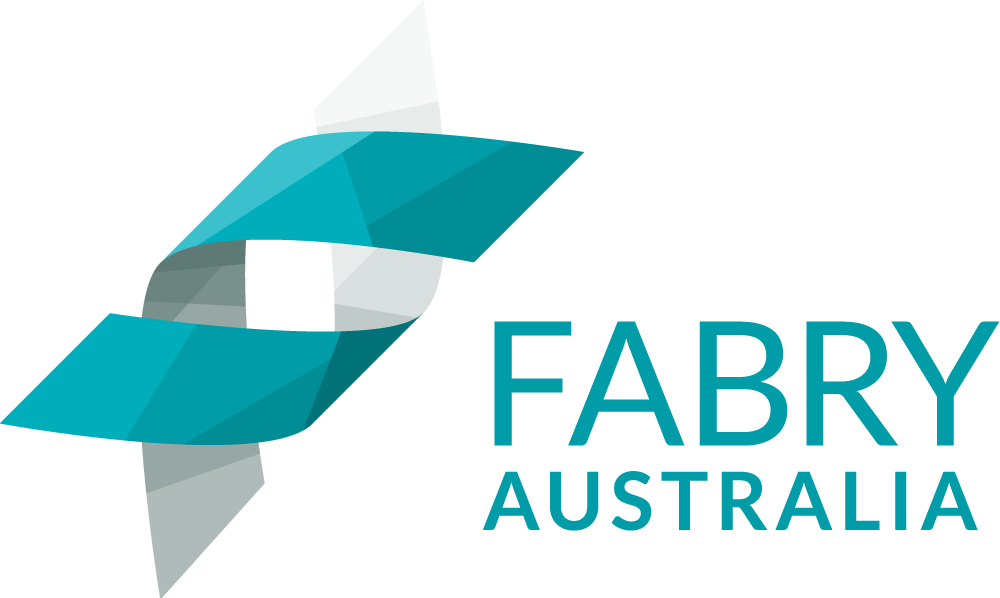Celebrating 30 years of Fabry Australia with ‘30 Fabry Stories, from the Australian Fabry Community.’
Sheridan Campbell is the chair of Fabry Australia. She has two young sons with Fabry disease.
“The biggest thing you battle with daily is fatigue. You just push through everyday.”
 My father was the first one diagnosed in our family. He was diagnosed in his forties when his kidneys were failing. He’d had symptoms for years and no one knew why. My sister and I knew we had Fabry as it’s passed from the X chromosome of the father to all his daughters, but back then it was thought that females were only carriers of the disease. We now know that’s not true.
My father was the first one diagnosed in our family. He was diagnosed in his forties when his kidneys were failing. He’d had symptoms for years and no one knew why. My sister and I knew we had Fabry as it’s passed from the X chromosome of the father to all his daughters, but back then it was thought that females were only carriers of the disease. We now know that’s not true.
At the time, my dad’s family didn’t want to get tested or know about the disease. Everyone deals with the prospect of a diagnosis differently.
I didn’t really start to get impacted until my late twenties and early thirties. It was mainly gastrointestinal symptoms, neuropathic pain, especially with heat and cold intolerance, headaches, things like that.
The biggest thing you battle with daily is fatigue. That just doesn’t ever lift. You just push through every day.
I’m on a clinical trial for a new oral treatment. I feel like my gastrointestinal symptoms have been better and my pain is more mild.
I’ve worked on the committee of Fabry Australia since 2011. My hope is that we improve things for the next generation. I meet men my age that are managing so much better than what my dad did because they were diagnosed earlier and received treatment earlier before there was organ damage.
It’s heartening to see the disease being managed much better for every generation.
As a mother you’re constantly thinking about how this will affect your children.
I’ve got three boys, two have Fabry and one doesn’t. It’s a 50/50 chance of being passed to children from a mother. You don’t know for certain how it will pass on.
My husband and I discussed trying IVF for conception, but seeing how better the disease was being managed we decided against it.
Even though it’s crap and we’d rather not have it there’s worse things to have.
I’m now a member of this wonderful community where we all support each other – all these Fabry friends who understand what you’re going through.
The progress we’ve made since my dad was diagnosed seems quite extraordinary, and new technology and treatments have advanced so much and so fast.
There’s so much research and development going on with Fabry disease. I feel quite positive and optimistic that it will continue to be managed better and better.
